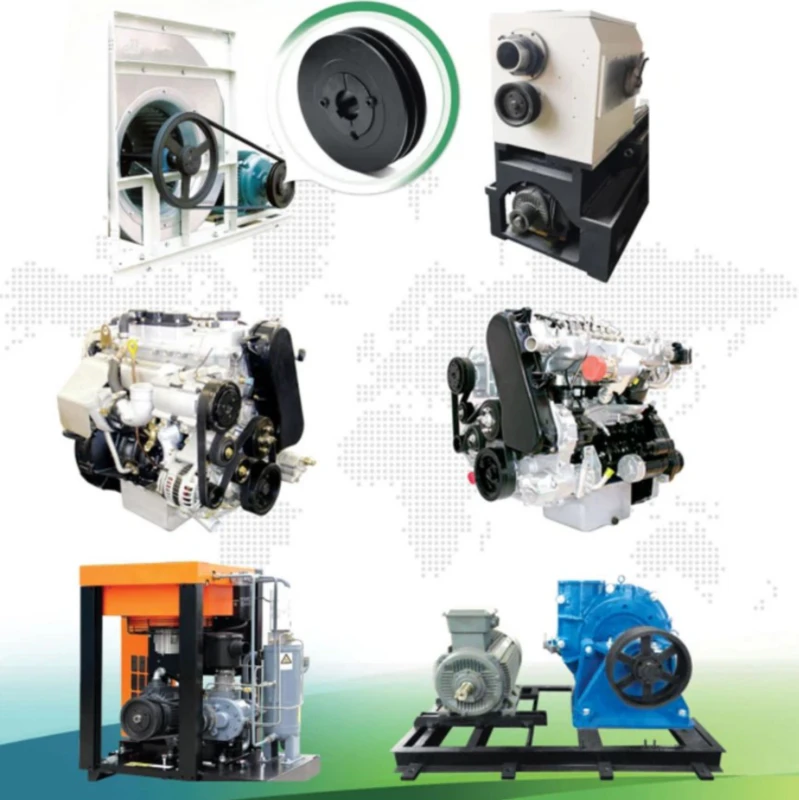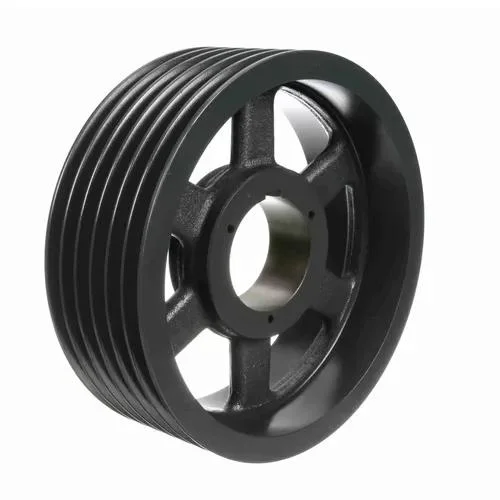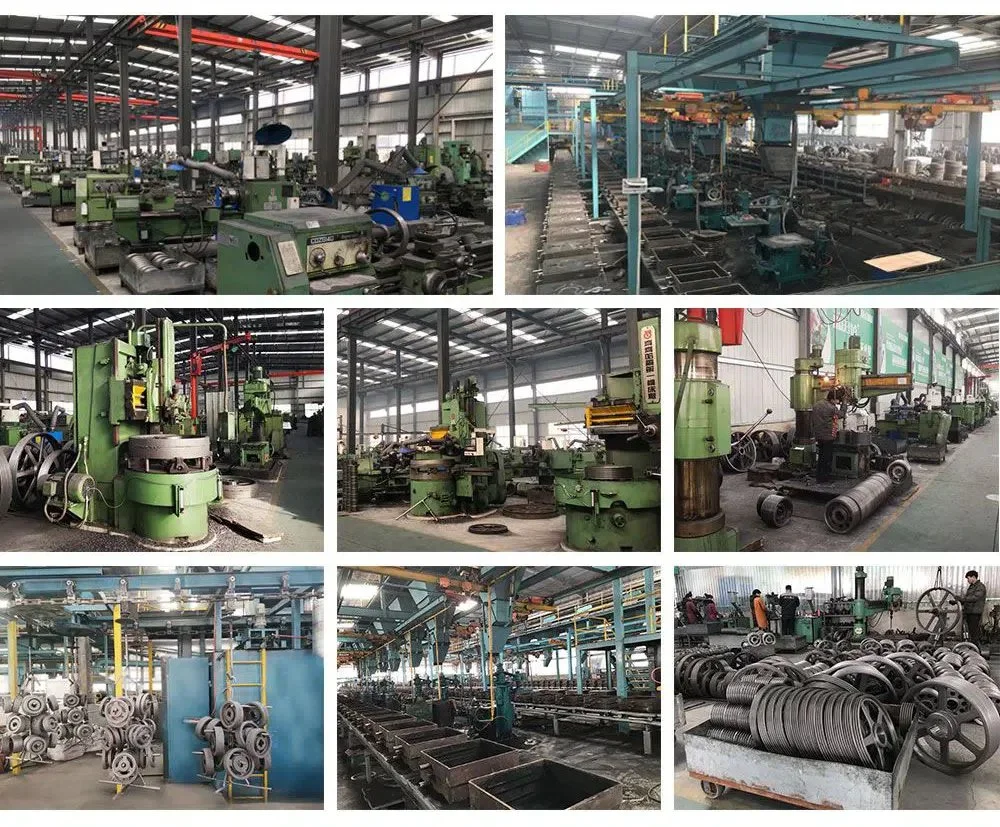“`html
Linear Actuator Taper Pulley: A Comprehensive Guide
1. Introduction to Linear Actuator Taper Pulley
Linear actuator taper pulleys are crucial components in mechanical systems that require precise motion control. These pulleys are designed to transmit power and motion efficiently from the actuator to the driven mechanism.
2. The Basics of Taper Pulleys
Taper pulleys feature a conically shaped hub that allows for a secure, self-centering fit on the shaft. This design minimizes slippage and ensures optimal performance in various applications.
3. Applications of Linear Actuator Taper Pulleys
These pulleys are widely used in industrial automation, robotics, and various mechanical devices. They play a critical role in systems where precise linear movement is required.

4. Benefits of Using Taper Pulleys
Taper pulleys offer several benefits, including enhanced performance, reduced maintenance, and increased efficiency. Their design ensures a tight fit, reducing wear and tear on both the pulley and the shaft.
5. Key Features of Taper Pulleys
The key features of taper pulleys include their conical hub, durable construction, and compatibility with various shaft sizes. These features contribute to their widespread use in demanding applications.
6. Materials Used in Taper Pulleys
Taper pulleys are typically made from high-strength materials such as cast iron, steel, and aluminum. These materials provide the necessary durability and strength to withstand high loads and stress.
7. How to Select the Right Taper Pulley
Choosing the right taper pulley involves considering factors such as load requirements, shaft size, and the specific application. Proper selection ensures optimal performance and longevity.
8. Installation Process of Taper Pulleys
Installing a taper pulley involves securing the pulley onto the shaft using the taper fit. This process requires precision to ensure a secure and effective installation.
9. Maintenance Tips for Taper Pulleys
Regular maintenance of taper pulleys includes checking for wear, ensuring proper lubrication, and inspecting for any misalignment. Proper maintenance extends the life of the pulley and the mechanical system.
10. Common Issues and Troubleshooting
Common issues with taper pulleys include slippage, misalignment, and wear. Troubleshooting these problems involves checking the fit, alignment, and condition of the pulley and shaft.
11. Innovations in Taper Pulley Design
Recent innovations in taper pulley design include the use of advanced materials, improved manufacturing processes, and enhanced performance characteristics. These advancements contribute to better efficiency and reliability.
12. Future Trends in Taper Pulley Technology
Future trends in taper pulley technology are likely to focus on further improving efficiency, durability, and integration with advanced automation systems. These trends will drive the continued evolution of mechanical systems.
13. Case Study: Industrial Automation
A case study in industrial automation highlights the importance of taper pulleys in achieving precise control and efficient power transmission. This example demonstrates the effectiveness of taper pulleys in demanding environments.
14. Comparing Taper Pulleys with Other Pulley Types
Taper pulleys offer unique advantages over other pulley types, such as flat pulleys and timing pulleys. Their secure fit and reliable performance make them the preferred choice in many applications.
15. Customizing Taper Pulleys for Specific Applications
Customizing taper pulleys involves adjusting their size, material, and design to meet specific application requirements. This customization ensures that the pulley fits perfectly and performs optimally.

16. The Role of Taper Pulleys in Robotics
In robotics, taper pulleys are essential for precise motion control and power transmission. They enable robots to perform complex tasks with accuracy and reliability.
17. Impact of Taper Pulleys on Efficiency
Taper pulleys significantly impact the efficiency of mechanical systems by reducing slippage and ensuring smooth power transmission. This efficiency translates into better performance and lower energy consumption.
18. Selecting Materials for High-Performance Taper Pulleys
Selecting materials for high-performance taper pulleys involves considering factors such as strength, durability, and resistance to wear. Advanced materials like composites and alloys are commonly used.
19. Environmental Considerations for Taper Pulley Use
Environmental considerations for taper pulley use include the impact of material selection, manufacturing processes, and the pulley¡¯s lifecycle. Sustainable practices aim to minimize the environmental footprint.
20. The Importance of Precision in Taper Pulley Manufacturing
Precision in taper pulley manufacturing is crucial to ensure a perfect fit and optimal performance. Advanced CNC machining and quality control measures are essential in the production process.
21. Innovations in Taper Pulley Manufacturing
Innovations in taper pulley manufacturing include the adoption of additive manufacturing, advanced machining techniques, and improved quality control protocols. These innovations enhance the capabilities of taper pulleys.
22. The Future of Linear Actuator Taper Pulleys
The future of linear actuator taper pulleys looks promising with continuous advancements in materials, design, and manufacturing. These developments will further enhance their performance and reliability.
23. Global Market Trends for Taper Pulleys
Global market trends for taper pulleys indicate a growing demand driven by the rise in automation and industrialization. This trend underscores the importance of taper pulleys in modern mechanical systems.
24. Integrating Taper Pulleys with Smart Systems
Integrating taper pulleys with smart systems involves incorporating sensors and connectivity to monitor performance and predict maintenance needs. This integration improves system efficiency and reduces downtime.
25. Promoting Our High-Quality Products
Our company, a leader in China’s pulley market, offers an extensive range of products, including HTD pulleys, plastic pulleys, timing pulleys, belt idler pulleys, belt pulleys, V pulleys, compound pulleys, and heavy-duty pulleys. We boast 300 sets of fully automated CNC production equipment and fully automated assembly equipment, ensuring top-notch quality, competitive prices, and exceptional service. We welcome customers to provide drawings or samples for customized production.

Author: Czh
“`